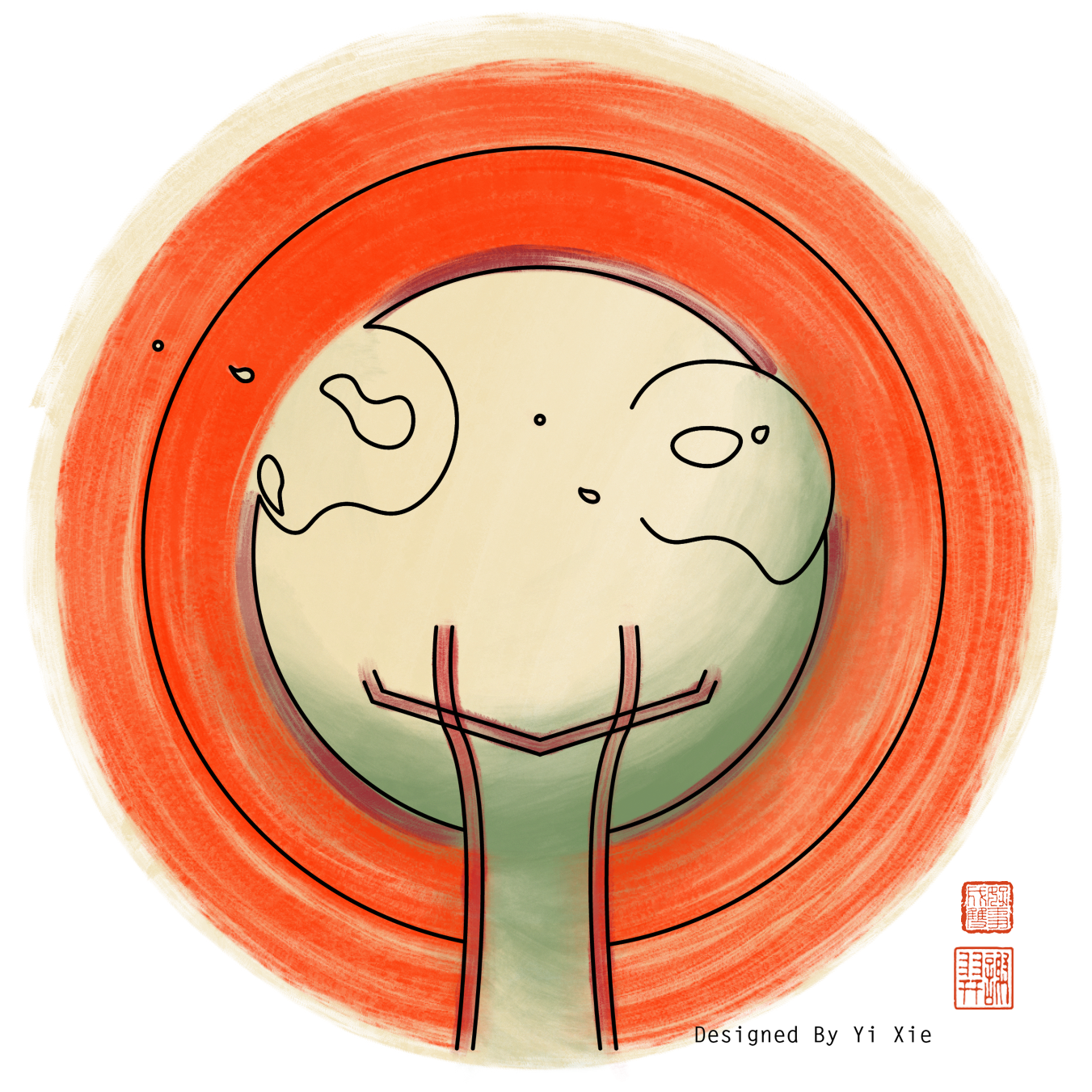English Translation Below
Editor's Note: More and more people are playing games, and more and more game creators want to express themselves. In today's world, where tools are becoming more mature and technical difficulties are decreasing, what does "making games" really mean? Why do people who make games want to make games? What else can games be? Game On focuses on these questions and interviews game designer Yi Xie, who specializes in creating co-op games that explore intimate relationships. Here's the interview:
My official name is Yi Xie, but my friends call me Yi. When I walk the gaming world as a game designer, I also go by the name T3CrowbarMaster, which means "Master of Crowbars from Half-Life" (this is actually a reference, players of Half-Life might understand, I won't explain it here, it's a nod we share). I love making two-player games and want to explore the intimacy and interaction between two players. I also focus on how to simulate, recreate, stimulate, and perhaps even change real-life intimate relationships within these games.
Finding My Way to Game Design in California
I was born in Shanghai, and in my childhood, I loved watching kids from my neighborhood play GameBoy. Later on, I got my own handheld console. However, I didn't seriously start playing games until my high school years, and I explored a wide range of games. When I was a boarding student, we played a lot of cooperative and competitive games, and that's when I realized how magical two-player games could be. But I never thought that I would research this field or actually make games. At that time, I was applying to study in the United States, and I got accepted into the Computer Science program at the University of California, Davis (UC Davis). Actually, if I had known I wanted to study game design, I wouldn't have chosen this university because UC Davis wasn't known for its game design program. People usually aim for schools like the University of Southern California (USC), Carnegie Mellon, or the University of Florida, which have strong game design programs.
I was born in Shanghai, and in my childhood, I loved watching kids from my neighborhood play GameBoy. Later on, I got my own handheld console. However, I didn't seriously start playing games until my high school years, and I explored a wide range of games. When I was a boarding student, we played a lot of cooperative and competitive games, and that's when I realized how magical two-player games could be. But I never thought that I would research this field or actually make games. At that time, I was applying to study in the United States, and I got accepted into the Computer Science program at the University of California, Davis (UC Davis). Actually, if I had known I wanted to study game design, I wouldn't have chosen this university because UC Davis wasn't known for its game design program. People usually aim for schools like the University of Southern California (USC), Carnegie Mellon, or the University of Florida, which have strong game design programs.
However, something interesting happened after I arrived in California and started attending classes. I learned from my classmates that the Department of Cinema and Digital Media at UC Davis had professors who taught game design. It turned out that there were three professors, Patrick LeMieux, Stephanie Boluk (who also worked in the English department), and Joshua McCoy (who later became my advisor). These three professors, along with their courses, were quite unique. They would specifically choose games that were not commercially successful as examples to discuss—commercially successful games were rarely used as examples. They guided us towards some very interesting but lesser-known games. As a result, we developed a different way of thinking: even if a game wasn't commercially successful, or even if it couldn't be considered fun in the conventional sense, we might still find interesting aspects in these games. The professors would precisely summarize the key points for us. I used to say that many games were boring, but now I look at them closely to see if there are interesting aspects. Perhaps it's just a matter of looking at them from a different perspective. Because the commercial games we use as references are designed to maximize the number of players, their idea of fun is just one type of fun, not the only one.
Our courses placed a strong emphasis on hands-on experience, but it wasn't an industrialized assembly line approach. For example, Patrick wouldn't make us write a game design document when we were developing games. He felt that many students spent a lot of time writing planning documents and didn't have time to actually make games. On the other hand, he believed that good games could only be created through experimentation and iteration. So, we would often start with a simple idea, create a prototype, playtest it, and refine it based on feedback. This hands-on approach allowed us to learn by doing and to focus on the essence of game design rather than getting lost in paperwork and planning.
